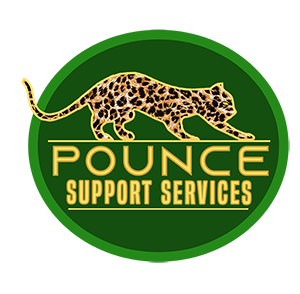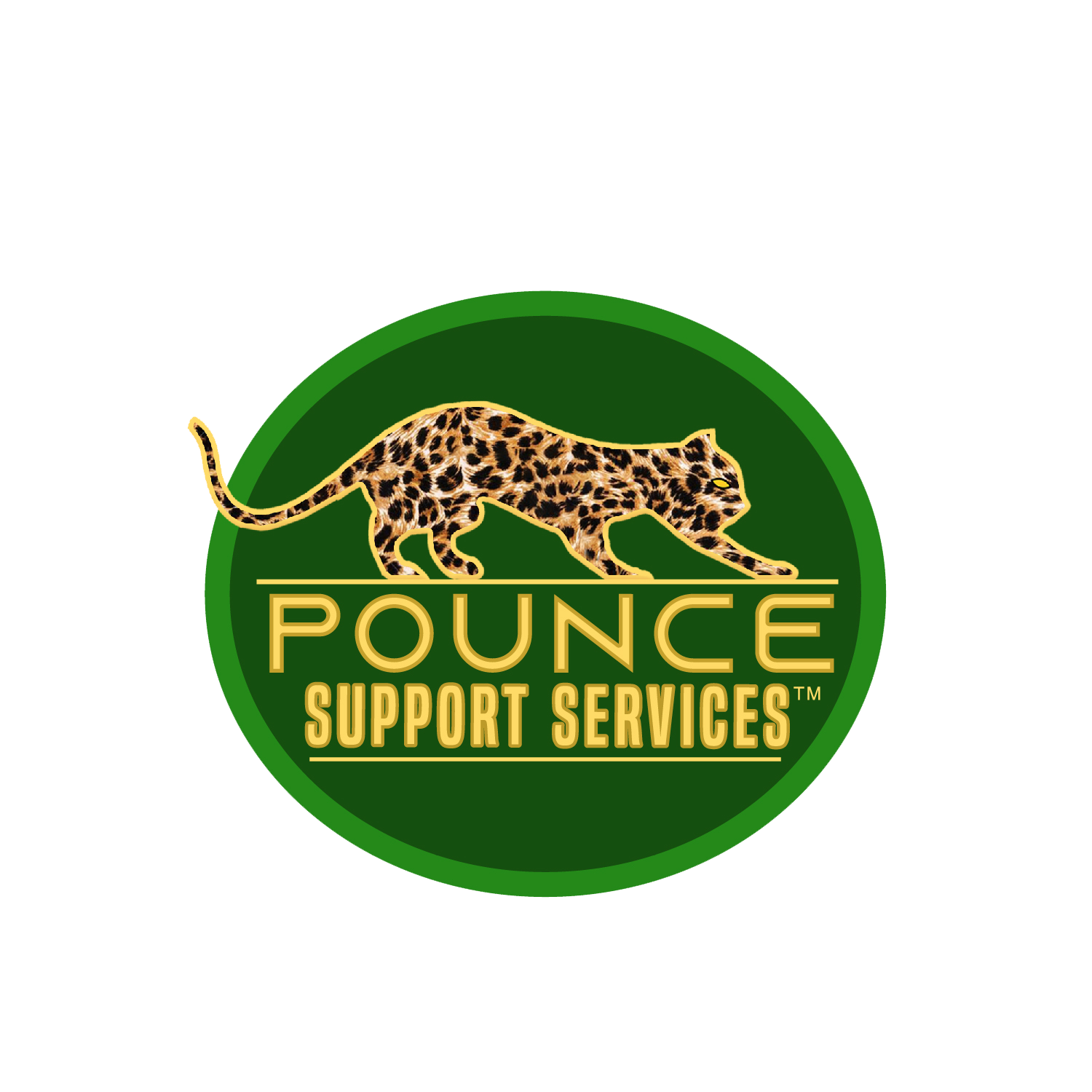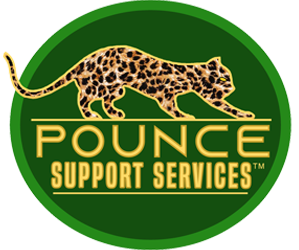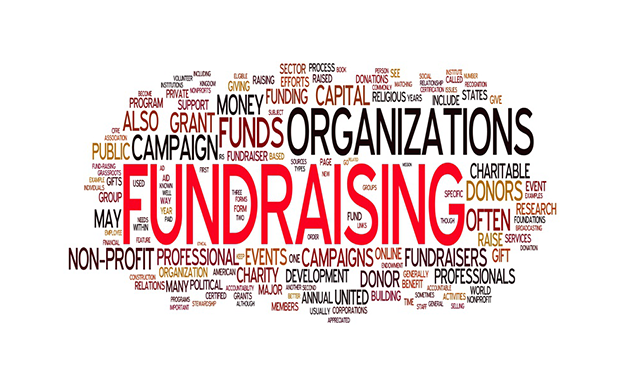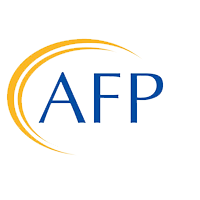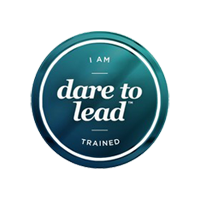by Kat Mooney
From an early age, I heard negative messages about being bossy. “It’s not nice for little girls to be bossy,” I was often told. Little did I realize that being bossy was a leadership skill in training. I wish it could have been encouraged instead of being silenced.
As a little girl, I was prone to being bossy; aren’t most little girls bossy? When my niece Vanessa Mooney was a baby, I witnessed her sitting in my brother Jay’s arms, reaching for the light switch and assertively with a heightened direct voice saying, “Up!,” telling her dad to turn it on. To me, Vanessa was showing early signs of leadership, signs that I continue to encourage and support every day.
Words from A Friend
In addition to being bossy, my good friend and colleague, Ingrid Schifer, Alpha of the Pack at Schif And The City in Edmonton, Alberta, shared her perspective. According to Ingrid, I am also incredibly detail-oriented, very analytical, and fiercely stubborn; all three attributes Ingrid accredited to be very positive, highlighting some of my significant strengths without any negativity. When I heard those words flow from Ingrid’s mouth, I immediately laughed and made a joke, “I guess I’m a true Virgo!” I laughed and we continued to chat about some priorities coming down the work pipeline.
That evening and the next morning, I kept thinking about what Ingrid said. Her words resonated with me in a new positive way. Quite unlike what I would have assumed in the past, it was now like a fantastic sunrise beginning to shine the light on a new way of seeing how I often misinterpret words about myself.
Stephen R. Covey said, “Most people do not listen with the intent to understand. Most people listen with the intent to reply.” I started to think. Maybe, I can give myself permission to listen and hear, then understand and not just reply. Perhaps not all things people say are judgmental and critical. Sometimes, I need a reminder that my personality and character traits are just that – mine, without putting any adjectives before it.
Three Amazing Women
I am immensely blessed to have many strong women in my life who I see as role models. For example, when I was ten years old, Grace Galley, my social worker, was firm yet gentle. I would often ask her about what it was like to be a social worker and she would openly share it with me. From that moment on, I knew I wanted to work with people, make a difference and change the world.
When I was about 14 years old, my dad, the late John Henry Mooney, gave me the money for dance classes at the YMCA around the corner from where we lived. There I met a beautiful, tall, and slender glowing woman; a professional ballet dancer dressed in what I saw was a well-worn-in light pink bodysuit, wool tights walking barefoot on the floor.
Heather MacKenzie, my dance teacher, was an authentic influence in my life. She too, like my social worker, was firm and gentle. Heather, saw something special in me and took me under her dance wing. She was a strict teacher. She made me practice the moves over and over again until my feet hurt. She taught me how to be a dance teacher. And I taught creative movement and ballet-jazz to children and aerobics and fitness classes to adults. I have not seen her in years, nor do I know where she is, but I want to thank her for instilling a world of confidence within me.
At 22, I worked at the YMCA full time. There I met my supervisor, Susan Garand who would eventually become affectionately known as Smoo and would become my mentor, confidante and friend. She had very high work expectations of me and made them very clear. She always pushed me further and challenged my abilities yet gave me the opportunities to learn and create my vision. With a vibrant personality and a heart of gold more significant than life, Smoo would drive in to work every morning in her convertible blue mustang. She too, was like my dance teacher, firm and gentle. Thanks to the power of Facebook, we are still connected!
Be Firm Yet Gentle
So, as you can see, somewhere along the way on my journey, I learned the importance of being firm and gentle. It is essential to be clear with people and let them know what you expect. You can gently do this without crushing the person in the process, which is a vital lesson, one that I will continue to share and pay it forward.
